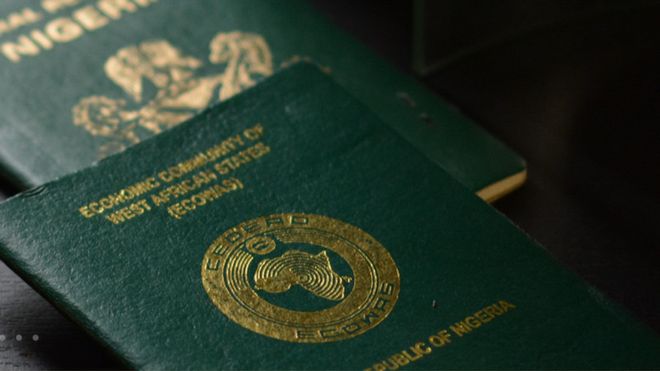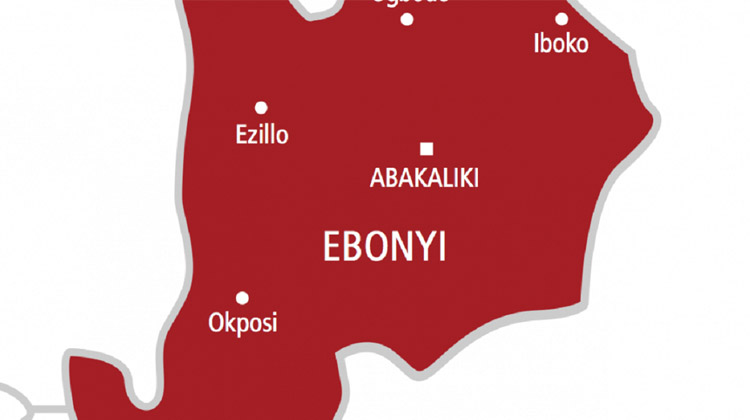The European Union (EU) has raised security concerns over the trade in ‘golden passports’ after discovering that five Caribbean states have sold citizenship to 88,000 individuals from nations like Iran, Nigeria, Russia and China.
The EU is seeking to review its visa-mechanism in countries that offer investor citizenship schemes to countries with a corruption perception and poor human rights records.
The commission said this has become imperative to curtail security risks to member states.
WHAT IS A GOLDEN PASSPORT?
Investor citizenship schemes (or citizenship-by-investment programmes, also commonly referred to as “golden passports”) are mostly run by third countries with visa-free access to the EU.
These schemes grant citizenship rights on the basis of local investments or against a flat fee, with low or no residence requirements, offering interested new nationals visa-free access to EU countries.
For instance, the sale of passports in the Caribbean nation of Dominica surged after 2015 when citizens of a number of the island states were given permission to travel to most EU member states for 90 days a year without a visa.
In a report published on Wednesday, the EU expressed concerns over countries issuing golden passports, saying they often subject applicants, who have no genuine connection with the country in question, to weak security checks.
According to the report, such schemes can allow beneficiaries to bypass the regular Schengen visa procedure and the in-depth assessment of individual migratory and security risks it entails, including a possible evasion of measures to prevent money laundering and financing of terrorism.
“The Commission is monitoring all visa-free third countries operating investor citizenship schemes,” the report said.
“At the moment, a number of visa-free third countries are under close scrutiny due to the potential risks raised by their investor citizenship schemes, or their plans to establish such schemes.”
NIGERIA AMONG HIGHEST APPLICANTS FOR GOLDEN PASSPORTS
Buttressing its concerns, the EU cited Dominica, an island with a population of just over 70,000, to have issued 34,500 passports.
The number is more than four times the total previously disclosed by Dominica’s government.
St Kitts and Nevis, with a population of 48,000, has issued 36,700 passports.
“Visa-free access to the EU should not be used as a commercial commodity to be sold and bought,” the report said.
Five Eastern Caribbean states operating investor citizenship schemes (Antigua and Barbuda, Dominica, Grenada, Saint Kitts and Nevis, and Saint Lucia) even allow successful applicants the possibility to change identity after having obtained citizenship.
The EU raised concerns around the nationalities of the highest applicants, saying they came from China and Russia, Syria, Iran, Iraq, Yemen, Nigeria and Libya.
Although the commission applauded the decision of all five Caribbean countries to suspend the examination of applications from Russian and Belarusian nationals due to Russia’s aggression against Ukraine, it added that it would tighten the monitoring of visa issuances from the Caribbean countries.
The commission said this would prevent the risk that third-country nationals — who enter without visas from their territories and then continue travelling irregularly within the EU — pose.
The EU said this is part of measures to battle organised crime and corruption.







